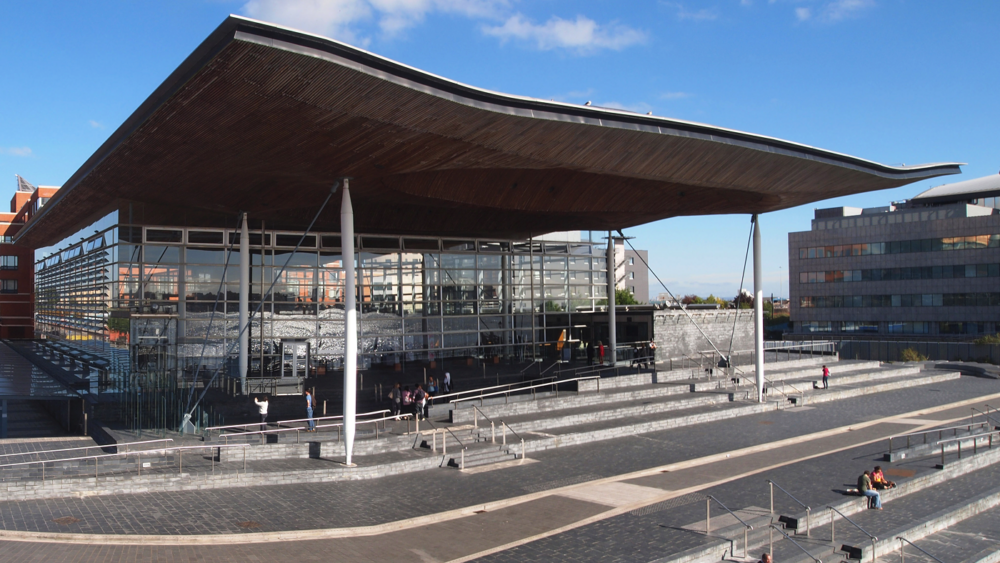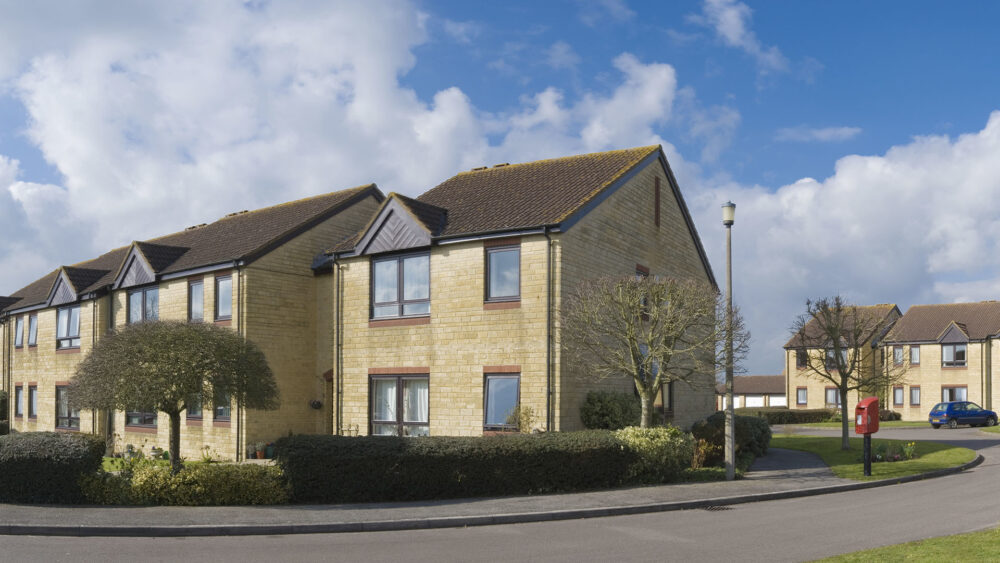Down to zero: Cynon Taf Housing Group’s innovative approach to achieving a net zero carbon balance by 2030

With the UK’s climate rapidly changing and housing associations across Wales taking innovative steps to adapt to this, Jack Nodwell, Carbon Reduction Associate, at Cardiff Metropolitan University discusses Cynon Taf Housing Group’s collaborative approach to achieving net zero.
Cynon Taf Housing Group (CTHG) has partnered with the Welsh Government and Cardiff Metropolitan University to drive its ambition to reduce carbon emissions across its stock of almost 2,000 houses.
The group, which has homes across Rhondda Cynon Taf, is working with its new partners to create a unique set of community and society-focused strategies which support its vision to reach net zero by 2030.
Cynon’s Taf’s collaborative strategy comes after a wealth of research shows that the UK’s climate is continuing to change, with recent decades warmer, wetter and sunnier than the 20th century, according to Met Office data
In February 2020, Wales experienced some of the most significant flooding it had seen since December 1979 as a result of storms Ciara, Dennis and Jorge, Natural Resources Wales shows.
Local flooding is a direct risk that threatens the health and wellbeing of people living and working in Wales, especially in coastal and valley communities, Data Map Wales reports. This year has already seen several significant flooding events, with 26 flood warnings issued across Wales on 11th January alone.
The summer of 2022 also brought record-breaking July temperatures in a sweltering heat wave, according to the Office for National Statistics.
As housing is one of Wales’ biggest carbon emitters - Welsh Government research shows that it accounts for 9% of all greenhouse gas emissions - housing associations, as asset managers, have a direct opportunity to decrease this value through ‘greening’ homes.
In response to the drive for climate change, CTHG has set a strategic goal to achieve a net zero carbon balance by 2030.
A new subsidiary - Down to Zero - was created in 2022 for CTHG to facilitate the group’s vision of this strategy. The housing group then secured support through Welsh Government’s Smart Partnership programme, and both partners joined forces to co-fund a project which is being led by Cardiff Metropolitan University.
The new partnership pools human, financial, and technological resources to achieve several common objectives. A core value of the strategy is to focus on not only an environmental action plan, but to incorporate the wider aspects of the sustainable triple bottom line approach.
As the project has developed, the realities and difficulties associated with reaching net zero by 2030 have hit home and achieving this ambition entirely is unlikely without an aggressive national transformation change towards sustainable/renewable energy and material production.
However, that should not deter any organisational aspirations or efforts for ‘net zero 2030’.
Understanding our initial results has expanded our considerations to include strategies such as the entity based net-zero declarations, in accordance with the British Standards PAS 2060 guidance on Carbon Neutrality, which allows organisations to design unique net-zero pathways for different areas of the organisation.
This stepwise process allows us to address our direct organisational emissions within our initial time frame, while ensuring we dedicate the time and care to decarbonizing our housing stock without sacrificing our tenant’s wellbeing or financial security.
This strategy design will keep the CTHG flexible to new technology being developed within the sustainable built environment, while maintaining a holistic net-zero strategy that will achieve our goal before the mandated 2050 national target.
The project is split into three phases:
Phase one:
Phase one will establish a carbon baseline for the CTHG, including their business operations and housing stock. The housing stock, and any owned office buildings, require a calculation of the embodied carbon, along with the operational carbon emitted through the daily use of the residence. Carbon hotspots are the primary areas that require attention from decarbonisation retrofit actions where possible, or will guide changes to building process for future housing stock developed by the group.
Phase two:
Phase two is a plan for evaluating how to decarbonise the housing stock and business operations of CTHG. As with many housing associations in Wales, decarbonisation through retrofitting is a primary means to reach a net zero carbon balance. The impact of people on retrofit remains the least understood part of the process, and the one most likely to impact (positively or negatively) on the effectiveness of any retrofit strategies.
It is essential that tenants participate in the retrofit process and understand the actions being undertaken, if the anticipated carbon savings are to be realised. The retrofits provide a key example of decarbonisation action that benefits tenants directly. Any improvement of household efficiencies can provide savings to tenants and potentially lower monthly utility bills.
Phase three:
Phase three is to develop a carbon sequestration strategy, using land-based solutions to effectively store carbon through responsible methods. Sequestered carbon is removed from the atmosphere to tackle global climate change by storing the carbon in an alternate form.
Land-based solutions are considered the best option for the CTHG smart partnership team, because they could provide sustainable benefits alongside removing atmospheric carbon. Utilising these solutions will promote multifaceted outcomes of the project, seeing land used to sequester carbon while providing financial and social benefit to the community through improved skills, opportunities and wellbeing. At the centre of land-based mitigation is the sustainable growth of local food produce. Plant matter offers a carbon store and the food produced increases local food security and accessibility as well as supporting a transition to a greener and more climate friendly food system. In a cost-of-living crisis, transitioning to a localised food system that could be of lower cost, is essential for all.
For more information on Community Housing Cymru’s environmental and policy work visit our policy page.


